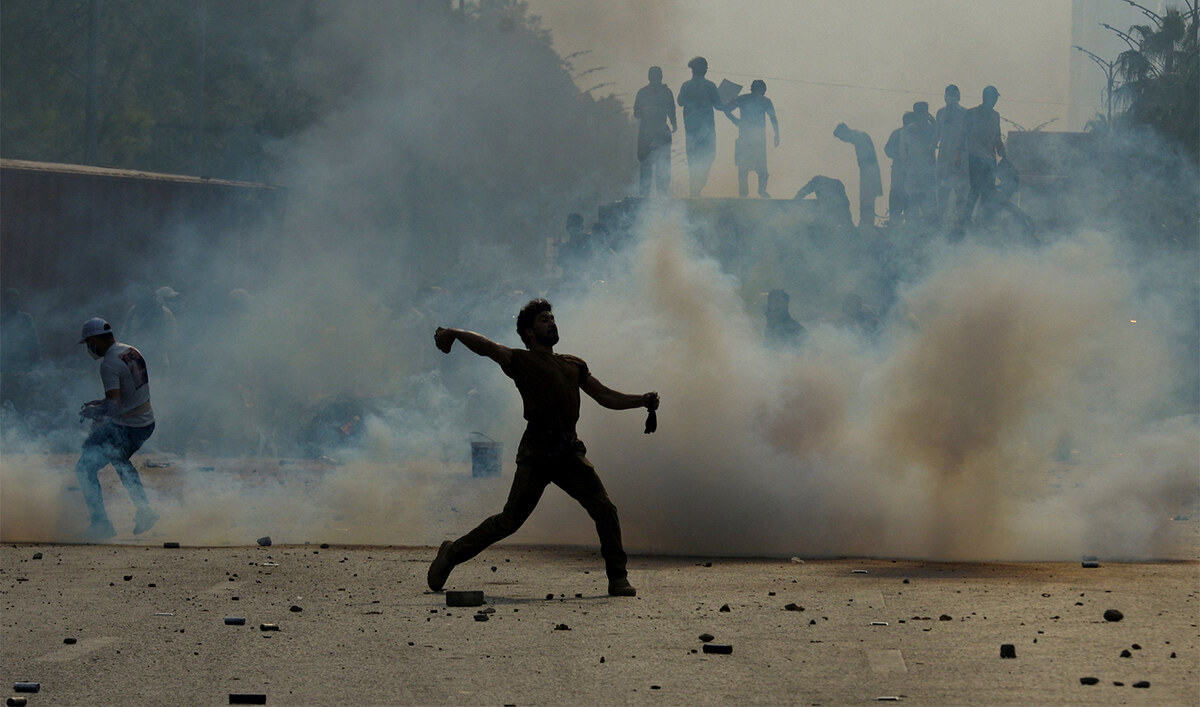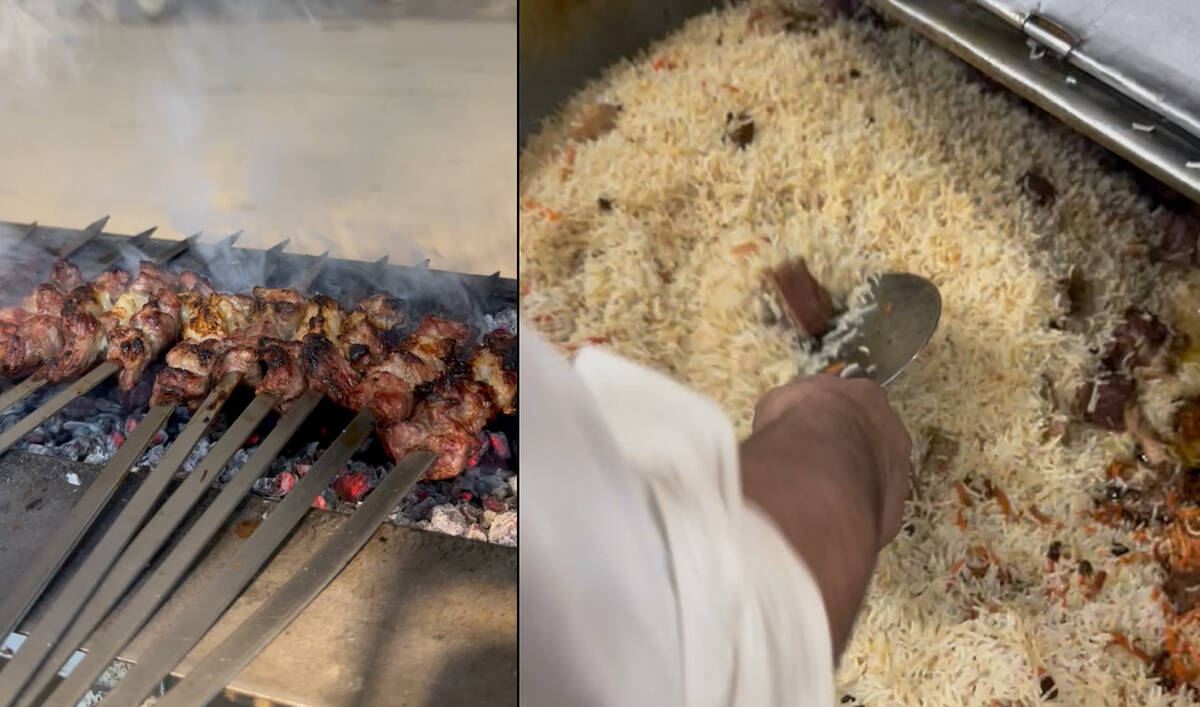ISLAMABAD: Pakistan’s federal government has constituted an inquiry committee to probe the use of resources of the Khyber Pakhtunkhwa (KP) provincial government for this week’s protest by former prime minister Imran Khan’s party in the Pakistani capital of Islamabad, the Pakistani interior ministry said on Sunday.
Supporters of Khan’s Pakistan Tehreek-e-Insaf (PTI) party on Friday marched toward Islamabad from different parts of the country, mainly the neighboring Khyber Pakhtunkhwa province, to protest the government’s proposed constitutional amendments that it claims are aimed at curtailing the independence of the judiciary, the government denies this. They also aimed to mount pressure for the release of their leader who is in jail since August last year.
Clashes erupted as police tried to prevent the protesters from entering the Pakistani capital, with federal officials accusing KP Chief Minister Ali Amin Gandapur of firing tear gas at police while leading caravans of protesters from the neighboring province ruled by the PTI. They said Gandapur was accompanied by serving police officers as well as heavy machinery to remove road blockades.
“An inquiry committee is hereby constituted to probe the use of government resources and manpower by the Khyber Pakhtunkhwa government in the rally, for sit-in at Islamabad, by Pakistan Tehreek-e-Insaf (PTI) on 4th and 5th October 2024,” the Pakistani interior ministry said in a notification.

A supporter of jailed former Pakistani Prime Minister Imran Khan's party, the Pakistan Tehreek-e-Insaf (PTI), throws back a tear gas shell during an anti-government rally in Islamabad, Pakistan, October 5, 2024. (REUTERS)
The three-member committee comprises Additional Interior Secretary Riffat Mukhtar, Additional Director General of the Federal Investigation Agency (FIA) Munir Masood Marath, and a representative of the Intelligence Bureau (IB), according to the notification.
Separately, Prime Minister Shehbaz Sharif met with Interior Minister Mohsin Naqvi on Sunday evening and praised him, the Islamabad administration, and police for maintaining law and order in the capital, despite two days of clashes that killed at least one policeman and injured dozens of others, and prompted authorities to seal almost all roads and suspend mobile phone services.
Federal authorities said on Sunday they had rounded up nearly 900 protesters, while there had been no clue of the whereabouts of CM Gandapur, who led thousands to Islamabad, since arriving in the capital on Saturday. The PTI said Gandapur had been “kidnapped,” and that police fired tear gas and rubber bullets at its supporters in “excessive” use of force.
Khan’s party says it is facing an over-year-long crackdown since protesters allegedly linked to the PTI attacked and damaged government and military installations on May 9, 2023, after the former premier’s brief arrest the same day in a land graft case.
Hundreds of PTI followers and leaders were arrested following the riots and many remain behind bars as they await trial. The military, which says Khan and his party were behind the attacks, has also initiated army court trials of at least 103 people accused of involvement in the violence.
Khan, who has been in jail since last August, was ousted from the PM’s office in 2022 in a parliamentary vote of no confidence after what is widely believed to be a falling out with Pakistan’s powerful military, which denies being involved in politics.





















